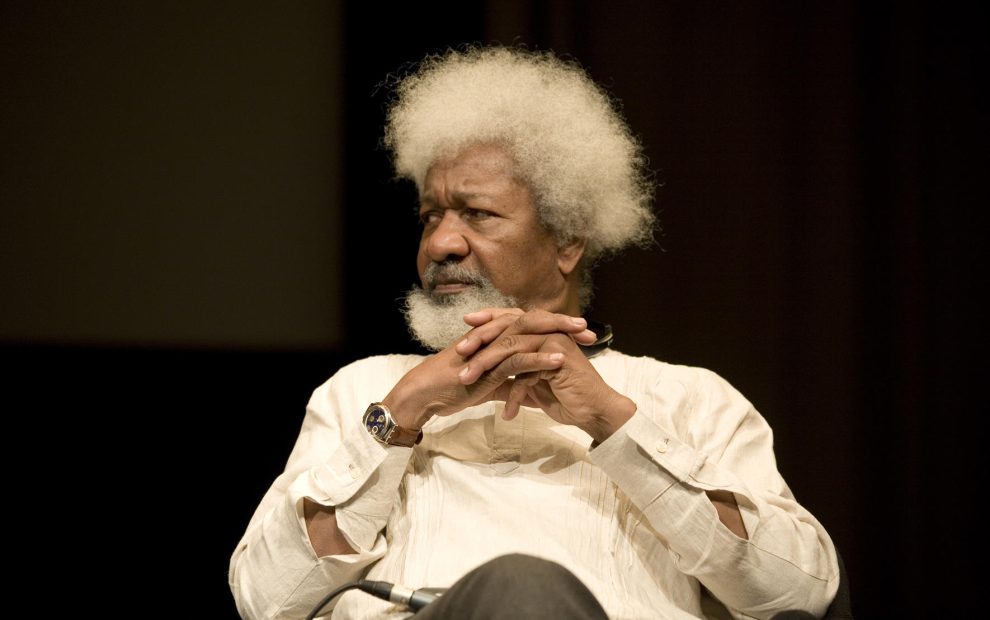
President Bola Tinubu has paid glowing tribute to Nobel laureate, Professor Wole Soyinka on the occasion of his 90th birthday, renaming the National Theatre in Iganmu, Surulere, Lagos as the Wole Soyinka Centre for Culture and the Creative Arts.
President Tinubu conveyed this message in a letter personally signed by him and made available to the media to mark Soyinka’s 90th birthday and made available to the media on Friday July 12, 2024.
He noted “the literary giant, the first African to win the Nobel Literature Prize in 1986, deserves all the accolades in this milestone. Having beaten prostate cancer, this milestone is a fitting testament to his ruggedness as a person and the significance of his work.”
The president said that it is also fitting to celebrate “this national treasure while he is still with us,” adding: “I am, accordingly, delighted to announce the decision of the Federal Government to rename the National Theatre in Iganmu, Surulere, as the Wole Soyinka Centre for Culture and the Creative Arts.”
“We do not only celebrate Soyinka’s remarkable literary achievements but also his unwavering dedication to the values of human dignity and justice.”
July 13th will be the climax of the series of local and international activities held in his honour. To underscore the global relevance of the literary giant, a symposium, along with poetry reading was held in Rabat Morocco on 9 July. The event was organized by the Academy of the Kingdom of Morocco and the Pan African Writers Association (PAWA).
The Alake of Egbaland adopted and declared July 13th of every year as Wole Soyinka Day in his Ake kingdom, Abeokuta, Ogun State. Oba Adedotun Gbadebo urged the Nigerian government to adopt the day as such so that the celebration won’t be limited to Ogun State alone.
Named Akinwande Oluwole Babatunde at birth and professionally known as prof “Wole” Soyinka CFR, was born on 13 July 1934. He is a Nigerian playwright, novelist, poet, and essayist in the English language. He was awarded the 1986 Nobel Prize in Literature for his “wide cultural perspective and … poetic overtones fashioning the drama of existence”; the first African to win the Prize in literature.
